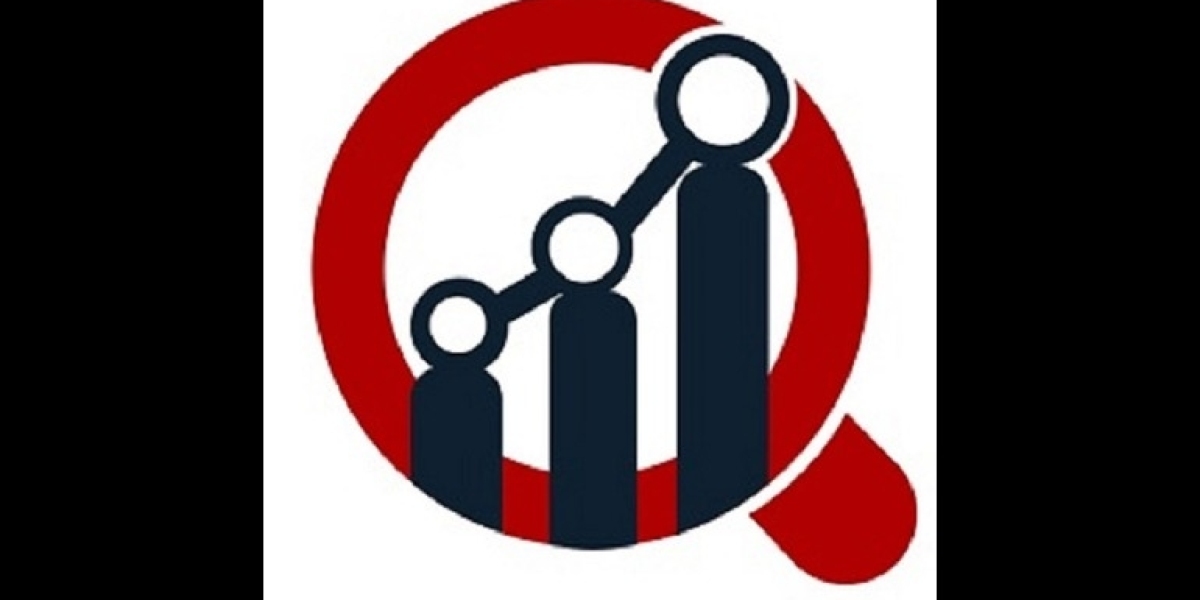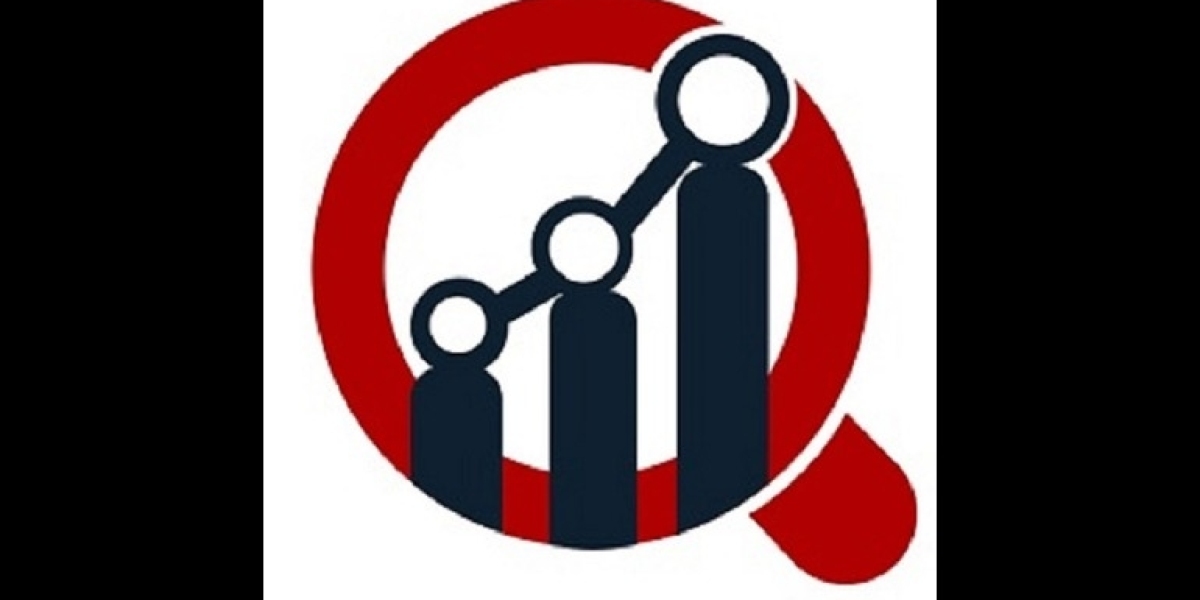Retail Cash Management: Streamlining Cash Flow for Business Success
In the fast-paced world of retail, managing cash effectively is crucial for maintaining smooth operations, improving profitability, and enhancing customer satisfaction. Retail cash management refers to the strategies, tools, and processes retailers use to handle cash flow—from receiving payments at the point of sale to securing, depositing, and reconciling cash efficiently.
What is Retail Cash Management?
Retail cash management encompasses everything related to the handling of physical cash and related transactions in a retail environment. It involves the daily processes of collecting cash payments, managing cash drawers, forecasting cash needs, transporting cash safely, and depositing funds in banks or other financial institutions.
Good cash management reduces losses, ensures availability of working capital, and supports accurate financial reporting.
Why is Cash Management Important in Retail?
- Ensures Liquidity: Cash is the lifeblood of any retail operation. Proper cash management guarantees that businesses have enough liquidity to pay suppliers, staff, and operational expenses on time.
- Reduces Theft and Fraud: Retail environments are prone to shrinkage and internal theft. Implementing cash management controls minimizes the risk of losses.
- Improves Efficiency: Automated cash handling systems and optimized cash processes reduce the time employees spend on manual cash tasks, freeing them for customer service.
- Supports Accurate Accounting: Effective cash management leads to precise reconciliation, preventing errors and discrepancies in the books.
- Enhances Customer Experience: Quick and seamless cash transactions minimize checkout times, improving overall customer satisfaction.
Key Components of Retail Cash Management
1. Cash Handling Procedures
Retailers establish standardized processes for cash acceptance, drawer balancing, cash counting, and cash storage. This includes:
- Training staff on handling cash and detecting counterfeit currency.
- Setting cash limits per drawer.
- Conducting regular cash counts and reconciliation.
2. Cash Forecasting
Analyzing sales trends helps predict the amount of cash needed in registers. Overstocking cash can increase risks, while understocking may cause delays in transactions or require emergency cash infusions.
3. Cash Transportation and Security
Ensuring secure transport of cash from stores to banks is critical. Retailers may use armored transport services or smart safes to reduce manual handling and risks.
4. Technology Integration
Modern retail cash management leverages technology such as:
- Smart safes: Automated machines that count and store cash securely.
- Cash recyclers: Devices that accept, validate, and dispense cash, reducing manual cash handling.
- POS integration: Point-of-sale systems that track cash sales and reconcile in real time.
- Cash management software: Tools to monitor cash flow, generate reports, and flag discrepancies.
Challenges in Retail Cash Management
- Shrinkage: Losses due to theft, fraud, or errors can affect profitability.
- Manual Errors: Counting mistakes or failure to reconcile properly.
- Cash Flow Volatility: Fluctuating sales and customer payment methods can complicate cash forecasting.
- Security Risks: Theft during handling or transport.
Best Practices for Effective Retail Cash Management
- Implement strict cash handling policies and train staff regularly.
- Use automated cash handling technology to reduce human error.
- Conduct surprise audits and reconciliation frequently.
- Forecast cash needs based on sales patterns and seasonal trends.
- Secure cash storage with tamper-proof safes and limit access.
- Partner with trusted cash-in-transit services for secure cash transport.
- Monitor cash performance using software analytics to detect anomalies early.
The Future of Retail Cash Management
With the rise of digital payments, the role of cash is evolving but remains relevant, especially in markets with significant cash-based transactions. Retailers are increasingly adopting hybrid cash management solutions combining physical cash handling with digital tracking and automation.
Contactless payments, mobile wallets, and card transactions complement traditional cash flows, while technology continues to simplify cash handling and reporting.
Conclusion
Retail cash management is a vital part of the operational backbone in retail businesses. Efficient handling of cash not only secures the business from losses but also boosts operational efficiency and customer satisfaction. By adopting strong policies, leveraging technology, and staying vigilant, retailers can master cash management and pave the way for sustainable growth.
Related Report -
| Gap Insurance Market |
| Group Life Insurance Market |
| Healthcare Insurance Market |
| Home Insurance Market |
| Income Protection Insurance Market |






